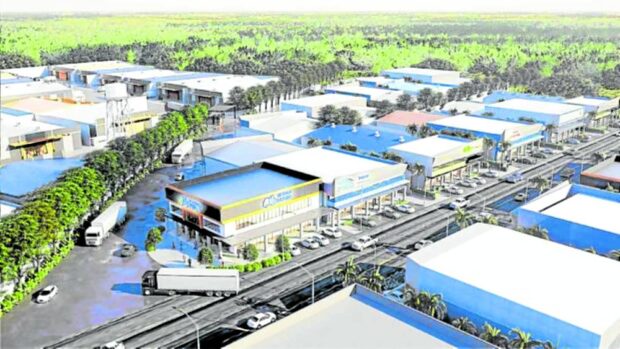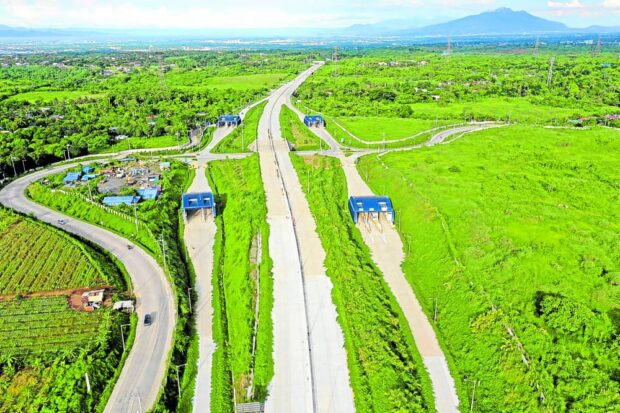The Philippine industrial property sector has seen steady growth over the years, driven by the creation of economic zones and demand from the manufacturing and logistics sectors.
As the country’s commercial and financial center, and currently with the busiest airport, Metro Manila is the focal point of supply chain activities. The Port of Manila also controls 85 percent of seaport activities nationwide. Just outside the capital region, Central Luzon industrial market flourished due to the Clark development while Southern Luzon is viewed as a preferred industrial location due to its proximity to Metro Manila.
About 60 percent of distribution centers are in Metro Manila, Calabarzon, and Central Luzon, combined. The proliferation of industrial locators in these areas is supported by their high accessibility. Infrastructure is a major determinant in industrial development. With the heavy mobilization of infrastructure projects, the sector is set to accelerate further and enhance economic activity and opportunities across provinces.
Land transport projects due for completion in the next three years are transforming not only the physical landscape, but also property values and investor activity. This infrastructure surge promises to be transformative, impacting industrial real estate nationwide.
Heightened Activity in South and Central Luzon
Leechiu Property Consultants (LPC) notes significant changes in market dynamics due to the completion of key projects, especially in the provinces north and south of Metro Manila.
The Cavite-Laguna Expressway (Calax) extension has eased traffic congestion on Cavite’s main roads. Notably, the newly completed Aguinaldo interchange has enhanced access to industrial zones in central and western Cavite. Consequently, Tanza and Dasmarinas have seen rental rate increases in industrial properties of 14 percent and 25 percent, respectively, from 2022 to 2023.

Industrial parks along SLEX have sold out their initial offerings, and anticipate further benefits from improved traffic flow and enhanced connectivity. (FILE PHOTO)
The expansion of the Plaridel Bypass Road in Bulacan will be completed by early 2024. This has reduced bottlenecks and spurred increased real estate development and land banking by developers. Major e-commerce and retail players have established substantial distribution centers along this route. With this, land prices are on the rise, fueled by increased industrial activities. In San Rafael, industrial land values are surpassing the P10,000 per square meter mark—a first for the area.
Expanding Industrial Horizons
The Cavite-Batangas Expressway (CBEX) and Nasugbu-Bauan Expressway (NBEX), expected to be completed by 2027, will open up Batangas and connect it to Cavite. The SLEX TR4 extension, slated for completion in 2026, will connect Batangas to Quezon. Industrial parks along South Luzon Expressway (SLEX), such as LIMA Technology Center, First Philippine Industrial Park, and Batangas Technopark, have sold out their initial offerings, and anticipate further benefits from improved traffic flow and enhanced connectivity.
Similarly, Calax, set for completion in 2024, will connect to Cavite Expressway. This is expected to favor industrial parks in Naic and Tanza, including Suntrust Ecotown and Cavite Technopark.
Up north, the recently completed Central Luzon Link Expressway connects Tarlac to Nueva Ecija, with Phase 2 extending all the way to San Jose. The expansion will alleviate North Luzon Expressway traffic and has already spurred land banking along new industrial corridors.
Beyond Industrial Real Estate
These growth prospects position industrial real estate as an attractive means for property investors to capitalize on rising property values. LPC monitors this surge of infrastructure projects closely and observes its impact on industrial real estate nationwide.
After all, these projects do more than attract investments. They are catalysts for job creation, community services, and broader economic benefits, ultimately connecting Filipinos with opportunities and progress.
The author is a senior manager of the Investments Sales team at Leechiu Property Consultants Inc.


